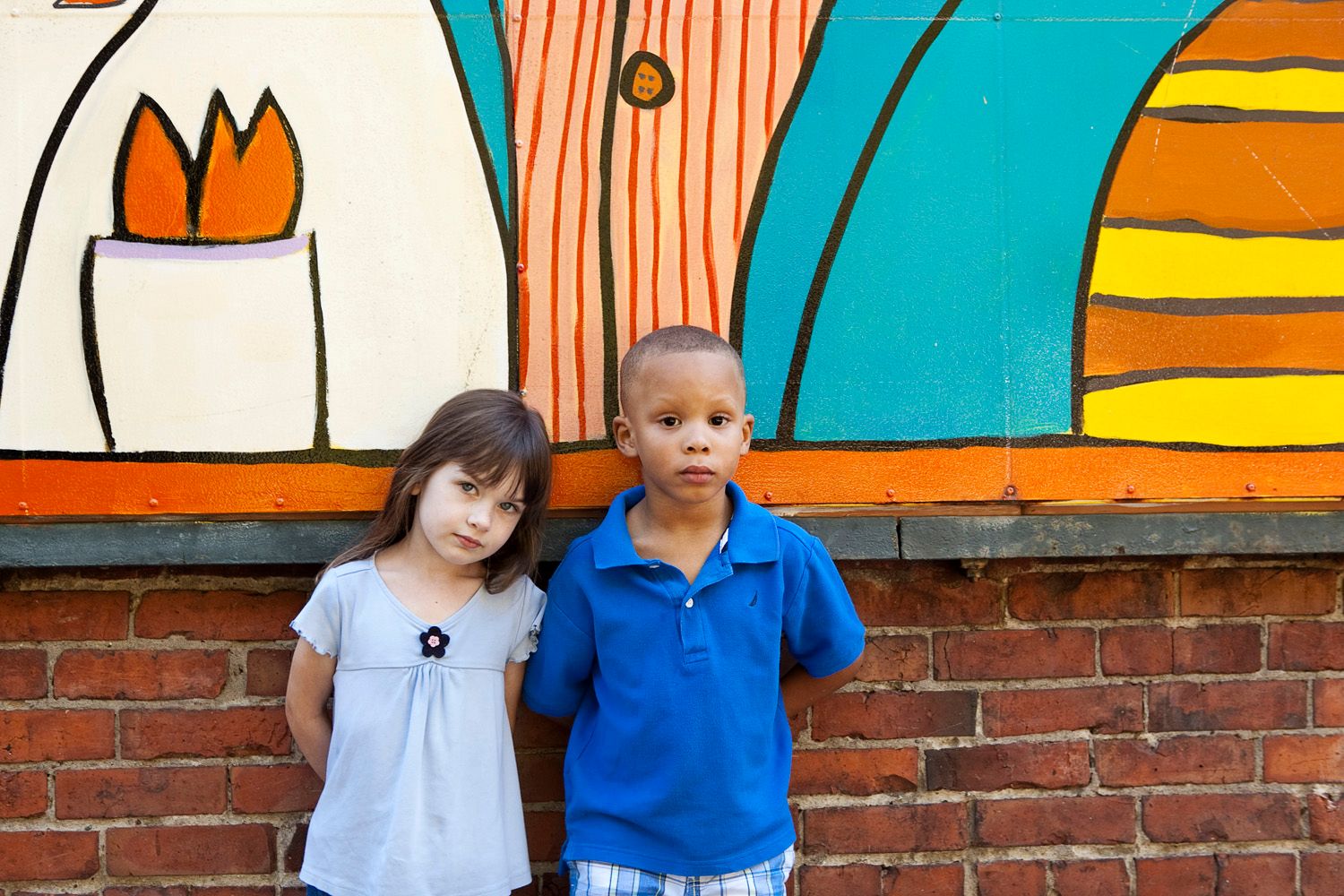CASA of Morris and Sussex Counties is the only court-authorized advocacy program for children and youth in foster care in Morris and Sussex Counties. We provide the following programs and services for children in the foster care system.
Child Advocacy
Children who are victims of abuse, neglect and abandonment are assigned to trained volunteers for advocacy in the Family Court system. CASA volunteers make recommendations to the court for critical community resources and services to improve a child’s stability and outcomes. Volunteers also ensure that each child is in a safe, nurturing, and permanent home as soon as possible. CASA volunteers are generally assigned to one case at a time, or to a specific child or sibling group. Once assigned to cases, the CASA volunteers are supervised by staff Case Supervisors throughout the life cycle of each case.
Volunteer Recruitment and Training
The process to become a CASA volunteer advocate includes recruitment, orientation sessions, interviews, background checks, 36 hours of combined online and classroom training, swearing-in ceremonies presided over by the Family Court Judges, and case assignment. Additional In-Service training is provided for our volunteer pool throughout the year. More info on how to become a volunteer can be found here.
Fostering Futures
The goal of the Fostering Futures (FF) Program is to improve outcomes for youth who will be aging-out of the foster care system. It incorporates the following three strategic components.
- Connecting: to connect youth who have no home to call their own with a positive adult role model to count on for ongoing support as they transition out of foster care and beyond into adulthood
- Mentoring: focuses on identifying the youth’s strengths, areas for improvement, and the resources and services needed to establish the youth on a path toward a healthy, productive life. The emphasis is on life skills such as work and study habits, maintaining healthy relationships, planning and goal setting, using community resources, and daily living activities.
- Coaching: inspired by the University of Michigan’s “Possible Selves” research model of youth advocacy and development. The model helps youth reach their full potential by promoting a positive self-identity, and helps youth set goals for their future. There is an individualized “Action Plan” with deadlines for the youth to meet and monitor progress with their FF CASA volunteer mentor.
Essential Items and Activities
With unrestricted funds or new in-kind donations, we provide essential items not covered by DCPP to the youth and families we serve. These items, often needed on an emergent basis, include: prepaid cell phones, school devices (laptops/iPads), clothes for job interviews, proms, and special events, college prep materials and fees (SAT review manuals/courses/application fees), school items (books, calculators, backpacks), sports equipment, and art, dance, music, and sports lessons for youth to explore and enhance their talents. Most importantly, we pay for educational tutoring, summer camp and other experiences to help children/youth in foster care to overcome their trauma and enjoy childhood.

